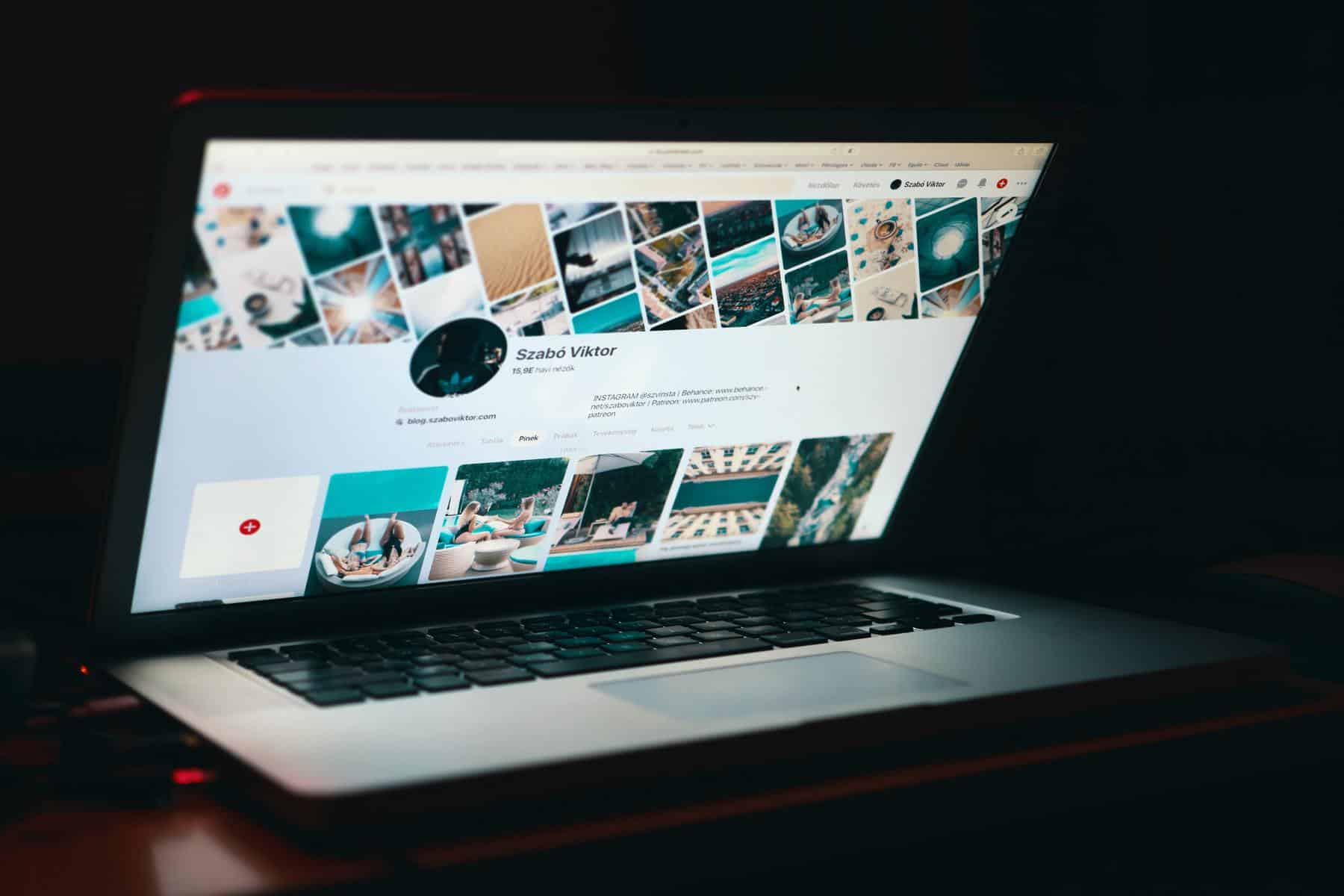If you’ve ever had to use a slow website before, you should understand why people would quickly abandon such sites. When running an online business, you need to understand that there are many competitors, and you can’t beat them if your site performs poorly. Let’s look at some things that may be slowing your website down.

- Using a Poor Hosting Service
To get your site up and running, you’ll need a hosting service. This is essentially a big server that connects users to your website. The web hosting service you use will determine how fast your site loads. It should guarantee a load time of less than 2 seconds. Usually, this will be achieved with a dedicated web hosting plan as you won’t have to share resources with other sites. Before you pick a hosting service, you should study their average full-page loading times. The hosting service should also guarantee at least 99.9% uptime. Your site should be interrupted even during maintenance and outages. Something else to keep in mind is that the size of the hard drive and RAM power will directly affect your website speed. For this reason, you should make sure the plan you choose can handle your traffic.
- Posting Large Images
Images are essential in most e-commerce pages, including those dealing with tourism and product sales. However, they can contribute significantly to the weight of the pages, meaning they’ll eventually make your site slow. The solution here is to minimize the size of these pictures. Some methods you can use include using the correct format, dimensions, and resolution. You can also optimize the file size through compression, caching, and scaling.
- Posting Too Many Ads
Ads are high on the list of factors that contribute to slow-loading websites. While ads may be among your biggest sources of revenue, posting too many of them can affect the performance of your site. You should make sure your ads don’t exceed industry standards. Also, overusing ads can worsen the user experience on your site, and this will eventually hurt your SEO. You should also avoid posting ads that trick users into downloading software.
- Failing to Use Adequate Caching Techniques
Caching is a technique that allows browsers to store a copy of a website after the first load. Whenever the user launches the website again, the browser will not have to download the same resources. Implementing adequate caching techniques allows users to quickly access the site. As a website owner, you also need to use server-side caching to decrease server load, especially if you get a lot of traffic.
Conclusion

There are a few fixes you can use to increase the speed of your website. You need to first check whether your hosting plan is able to handle your traffic. You should also optimize your images by compressing them or adjusting their dimensions. Another thing to check is whether you’re posting too many ads. These can make your website heavy and will affect the user experience. Finally, make sure you implement adequate caching techniques.

